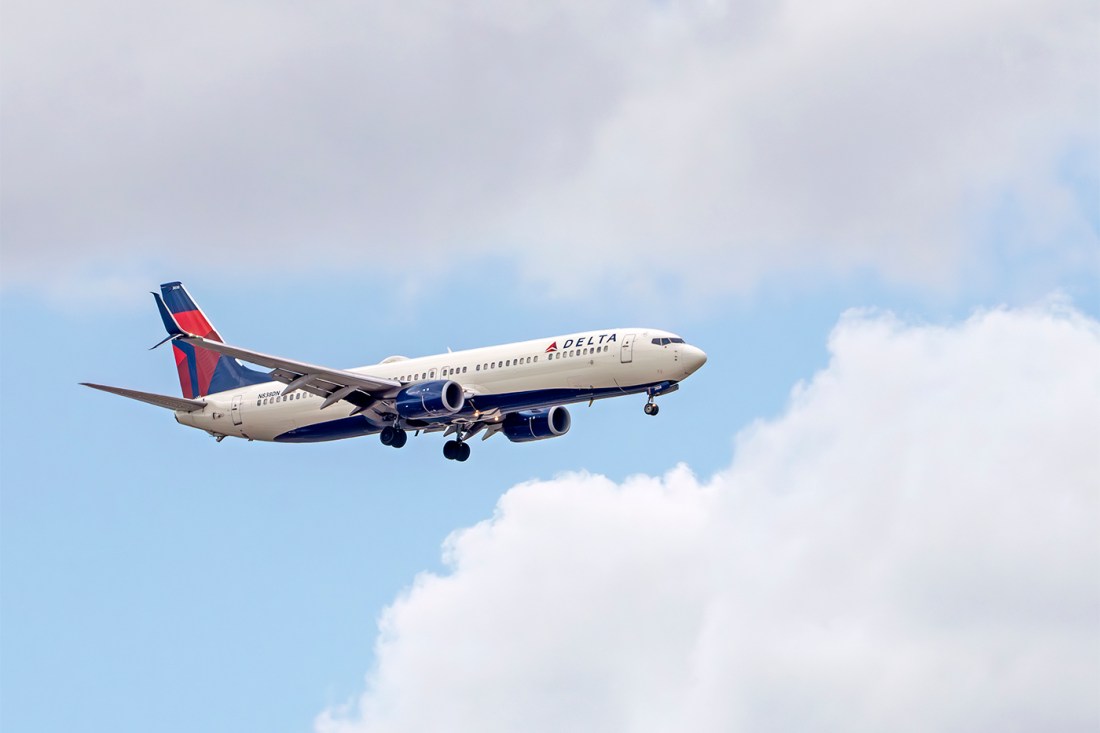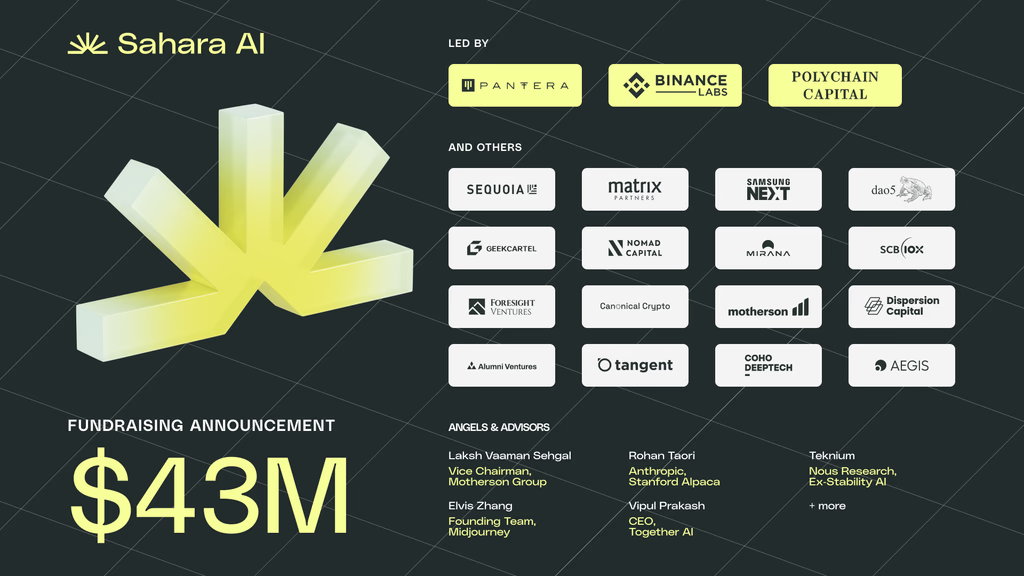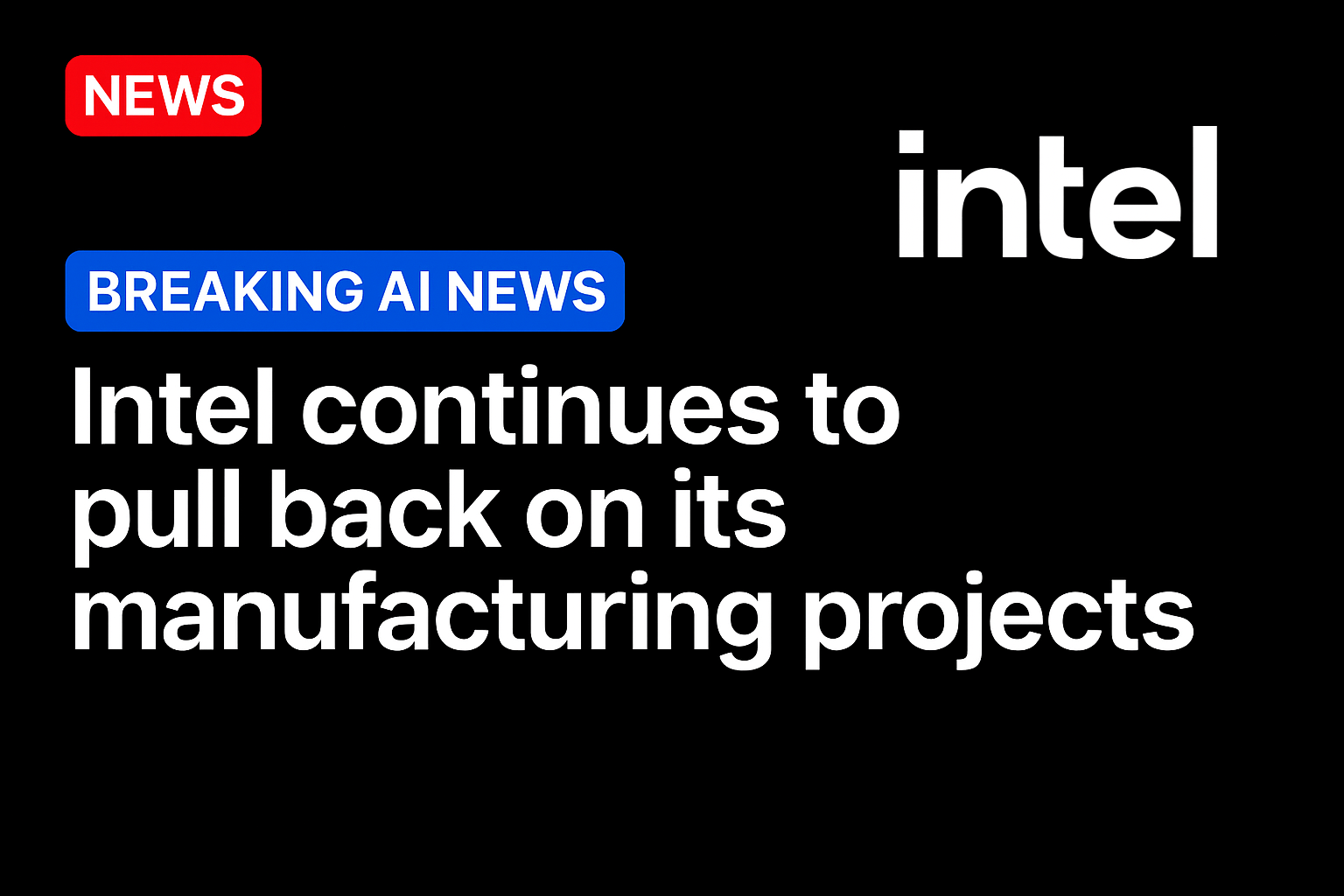
As airlines turn to artificial intelligence to set flight prices, Northeastern University experts are raising alarms about the risks to consumers.
AI flight pricing, they say, could reduce transparency, enable discrimination and give companies too much power over what individuals pay — potentially exploiting travelers without their knowledge.
Delta Air Lines recently came under scrutiny after revealing plans to use AI to set ticket prices. Critics are asking whether such technology might lead to personalized pricing that targets consumers based on their data.
“Part of the reason why this became prominent is that [this situation is] reflecting uncertainty around AI, around how our data is being used,” says Kate Ashley, an associate teaching professor of supply chain and information management at Northeastern.Related: Game designer talks ‘Stop Killing Games’ initiative. Can it make a difference in Europe?
In November, Delta President Glen Hauenstein described the company’s new AI-assisted pricing tool to investors as “a super analyst” that could determine “a price that’s available on that flight, on that time, to you, the individual.”
That statement raised alarms in Washington. Democratic Sens. Ruben Gallego, Mark Warner and Richard Blumenthal asked whether Delta was using AI to set prices based on personal data. If so, they warned, it could lead to fare increases tailored to each customer’s personal “pain point.”
Democratic Reps. Greg Casar of Texas and Rashida Tlaib of Michigan introduced the Stop AI Price Gouging and Wage Fixing Act, which would ban companies from using AI to set prices or wages based on Americans’ personal data.
Delta pushed back, stating: “There is no fare product Delta has ever used, is testing or plans to use that targets customers with individualized prices based on personal data.”
Christo Wilson, a Northeastern professor of computer science and founding member of the university’s Cybersecurity and Privacy Institute, is skeptical.
“It very much sounded like this was being used for personalized, individual pricing,” Wilson says. “This is the kind of thing that gets people very upset. It doesn’t sound good.”
Dynamic vs. personalized pricing
Delta says it is piloting AI to support its dynamic pricing model.
Airlines pioneered dynamic pricing, Ashley explains, adjusting prices over time or for different customers based on market conditions.
“A leisure traveler who books ahead gets a good deal, and your last-minute business traveler who’s not price sensitive pays a higher price,” she says.
More industries now use dynamic pricing. On Amazon, prices can change every 10 minutes, Wilson says.
Personalized pricing, or surveillance pricing, goes further by using personal information to estimate what someone will pay. This, Wilson says, is a form of price discrimination.
Discounted tickets for students or seniors are legal.
“We as a society have decided that that’s an OK thing to do,” Wilson says. “But if you were to say, give men and women different prices based solely on gender, or white or Black people based solely on race, that clearly crosses a moral line. It probably also crosses a legal line.”
Why transparency matters
Wilson says the problem isn’t price variation, but the lack of transparency. Without insight into how AI sets prices, consumers are at a disadvantage.
“Economic theory is predicated on the idea that you have rational actors who have access to information,” he says. “The company knows a lot about you. You know basically nothing about them.”
Wilson, who has studied surveillance pricing by Uber, Lyft, Travelocity and others, says there hasn’t been much research into how often it’s happening.
“There has never been a ton of evidence, aside from our research, basically, about how much of this is happening in practice,” he says.
AI and consumer protection
Ashley says pricing airline tickets is complex and AI offers advantages. But Wilson notes that tech companies can access personal data like demographics and purchase history.
“There’s a lot of uncertainty about how personal data is being used,” Ashley says. “Many of these algorithms have black box components and regulation is struggling to keep up.”
The U.S. has traditionally emphasized consumer protection, but AI raises new regulatory challenges.
The Federal Trade Commission has taken note. Wilson says a report near the end of the Biden administration mentioned companies that offer personalized pricing services.
“What the FTC found in their reporting is that there are companies that claim to be able to provide personalized pricing,” he says. “Some of them are consulting firms, some of them are tech firms.”
The capability exists, Wilson adds, but how widely it’s being used isn’t clear.
“It could be that it is being adopted and companies just aren’t talking about it because they don’t want to get in trouble,” he says.
Source: https://news.northeastern.edu/




